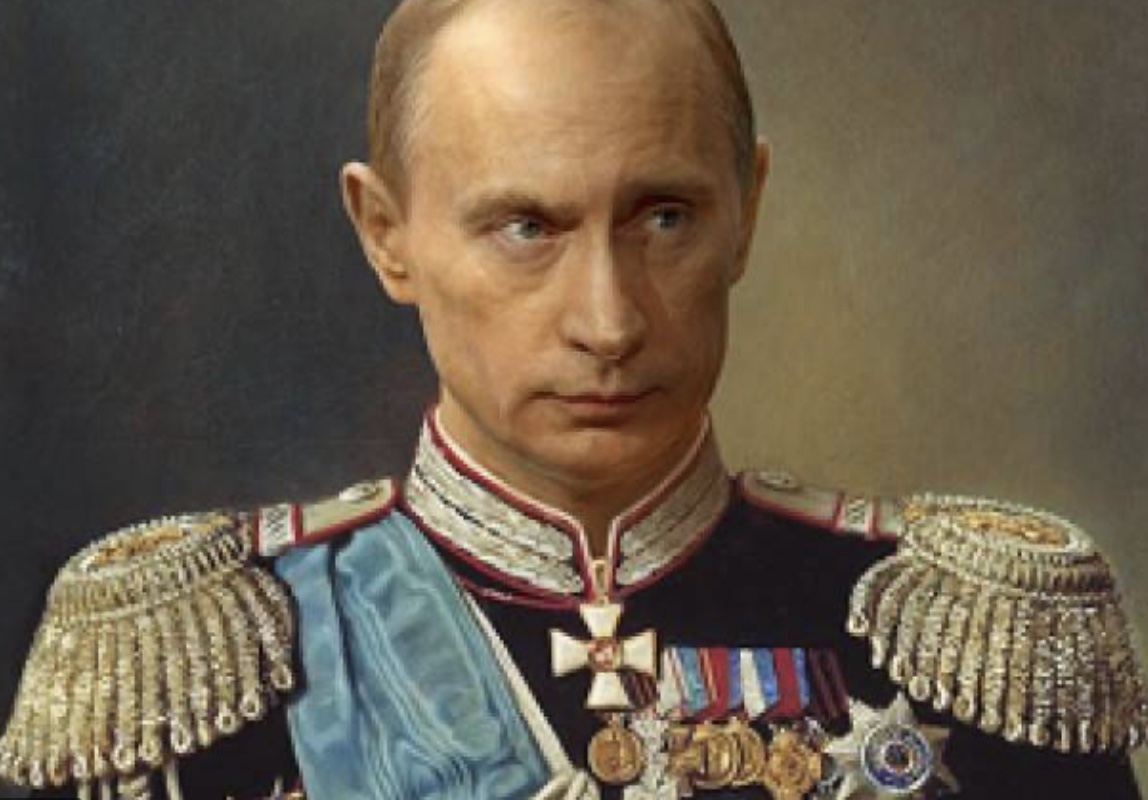(by Luca Fiorletta) A siren rings in the heart of Eastern Europe and reminds the Western world that war really exists, that it is not just an exotic or distant fact: its reality is such because it belongs to the human being and the man, you know, has always been the same. Not even the pandemic of our day has changed it.
The impression made by the president Putin, in the speech with which he recognized the separatist republics of Donetsk e Lu'hansk, was difficult to interpret. I realized that in our Western mental system we have just made a lot of confusion in front of the history lesson given by the Russian leader, with news more or less corresponding to the truth, so much so that all the media have talked about the return ofSoviet Union, Soviet thinking or the like. Historical memory reminds us of the Soviet Union and its way of resolving disputes more with instinct than with political foresight, as in the events of Budapest e Prague.
Let's try, therefore, to reconstruct some points, trying to face everything with the greatest dose of freedom and mental clarity possible, in analyzing the behavior of a man who is giving, today, not a few worries to the Western world.
Narod, it is a term that struck me a lot in the speech of February 21 last: this term is among the most classic of Russian culture, because it evokes the idea of a personified people, that people who are the son of the Tsar father and master of the life of the Muscovites; the nation it is a much more complex idea than we imagine, because it was "he" who managed the earth, the chrism - in Russian it indicates the common property of a peasant community -, through the zemstva strongly desired in the Russia of the 800s, the one that tried to leave the world of serfdom to the sound of Russification, Pan-Slavism and land annexation.
Ukraine, another interesting term, coming from the East Slavic, which literally means "Near the border", as evidence that the first Rus' was born in Kiev in the XNUMXth century AD, at the time of the Viking invasions.
The historical blunder of our media
The return of the Soviet Union? Not quite so because the reality is that Putin looks much further back, when he tells us about Khrushchev who gave Crimea to Ukraine and Brest Litovsk, but his line is clear, it is the same as Ivan III of Muscovy.
Kievan Rus' was the first organized state of the Eastern Slavs, which they decided in 988 AD. C. to become an Orthodox Christian, following an almost imaginative event: it seems that St. Vladimir I was looking for the religion best suited to his people and, after sending emissaries to Rome as well, he was delighted by a solemn celebration in Hagia Sophia in Constantinople and decided that the Orthodox faith was the true faith to follow. Happy decision for Eastern Christians who from then on will always find refuge under the Russian umbrella, always ready to defend believers as invested by God with the civilizing and redemptive mission of the Slav peoples.
From here we can already begin to reflect on panslavism which still moves Russian society today, a century after the October Revolution. Ivan III Daniloviic is the first Grand Duke to take and claim the title of Tsar, that is Caesar, as the husband of the last descendant of the Paleologians of Byzantium. A very important character in Russian history, as it was he who defined Moscow the "Third Rome"And it was he who made it clear that all Orthodox Christians were protected by Moscow, so they were somehow, to paraphrase, all Muscovites, all subjected to the Will of God which on earth was configured with the will of the Tsar, whose symbol since 1493 is thedouble-headed eagle, revived in the coat of arms of the Russian Federation in 1993.
Moscow, for him and for his successors, is the heir of Kiev, fallen under the blows of the Tartar Khanates who represent evil, therefore it is Muscovy that has to free Rus', which happens during the sixteenth century by blows of cannon in front of Kazan.
Once the territorial integrity of the Slavic dominions had been reconstituted, the next step was to Russify them and protect them with a series of preventive wars (the Northern wars). If Ivan gave the idea, Peter I Romanov improved it, because with him the Slavs really became Russians, even when they were neither Slavs nor Russians, while Catherine II did the final work of planning, after the fall of the Crimea thanks to the Prince Potemkin (the famous battleship was dedicated to him), the "Greek project", the Russian conquest of Constantinople and the fulfillment of the mission of political-religious unification of the Eastern Christian peoples oppressed by the perfidious Westerners and the terrible Muslims.
If we stop, for a moment, looking only at the last 50 years, we will be able to understand the future objectives of the new Tsar Putin: the Mediterranean and the straits of the Dardanelles and the Bosphorus, after completing the reunification of Eastern and Slavic Europe. . He has already shown that he embodies the historical soul of the Muscovites well, although he is a Petersburger; this time, unlike his predecessors, he has no peasants to please with concessions or to quell in rebellions, he has no constitutions to grant or industries to build: he just wants to reach those historical goals which are the heart of the Russian cultural heritage, to realize the dream that, among others, was also Dostoevsky's.
If we want to know our opponent, we first learn the history of his country. It is clear, however, that the armed conflict to restore the balance of history is never justified and justifiable.
